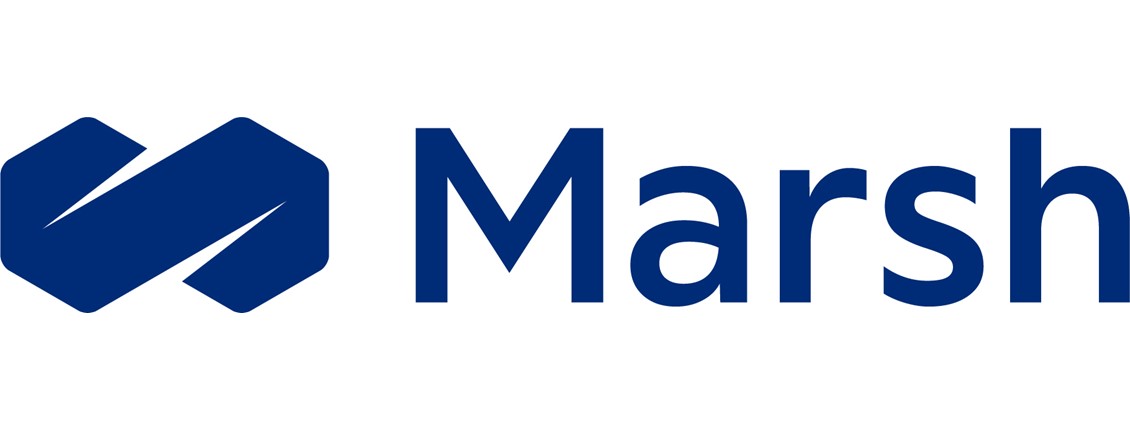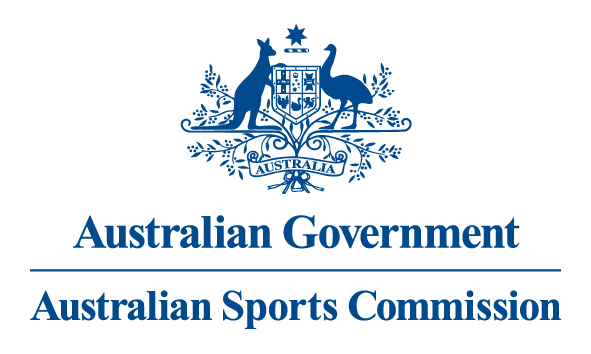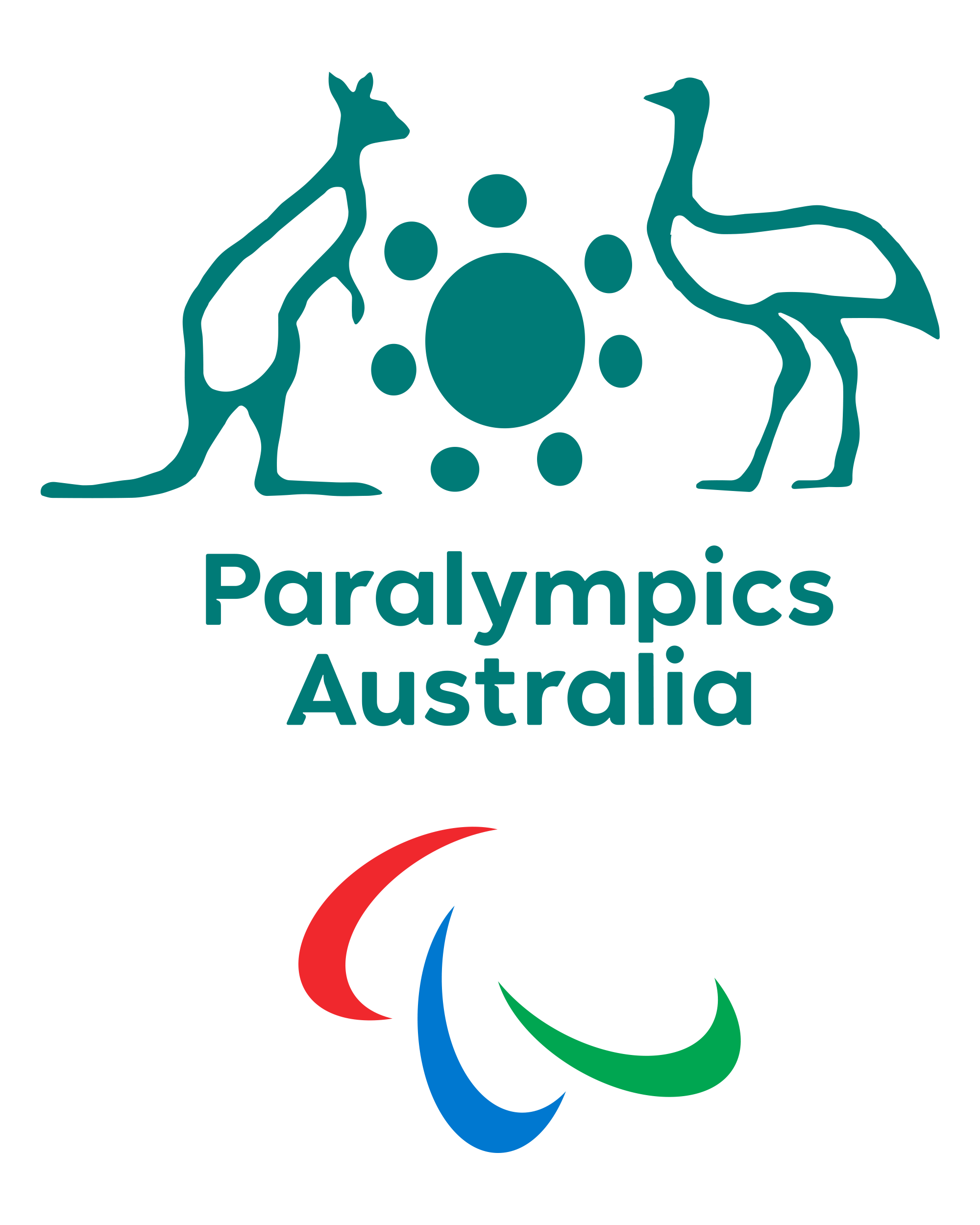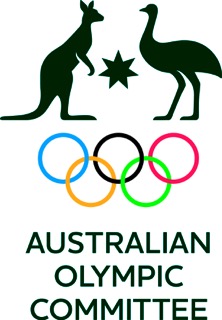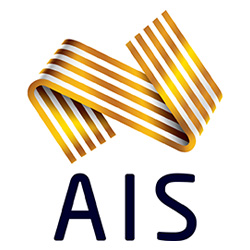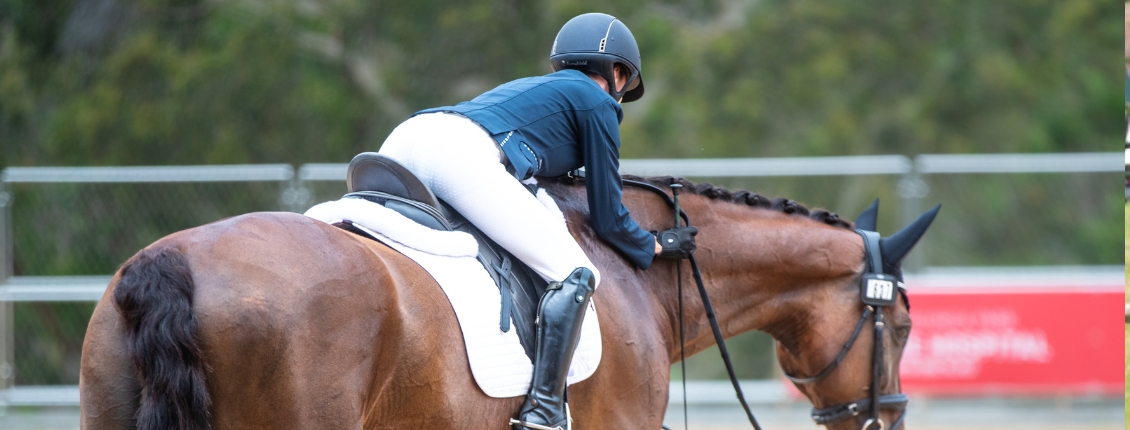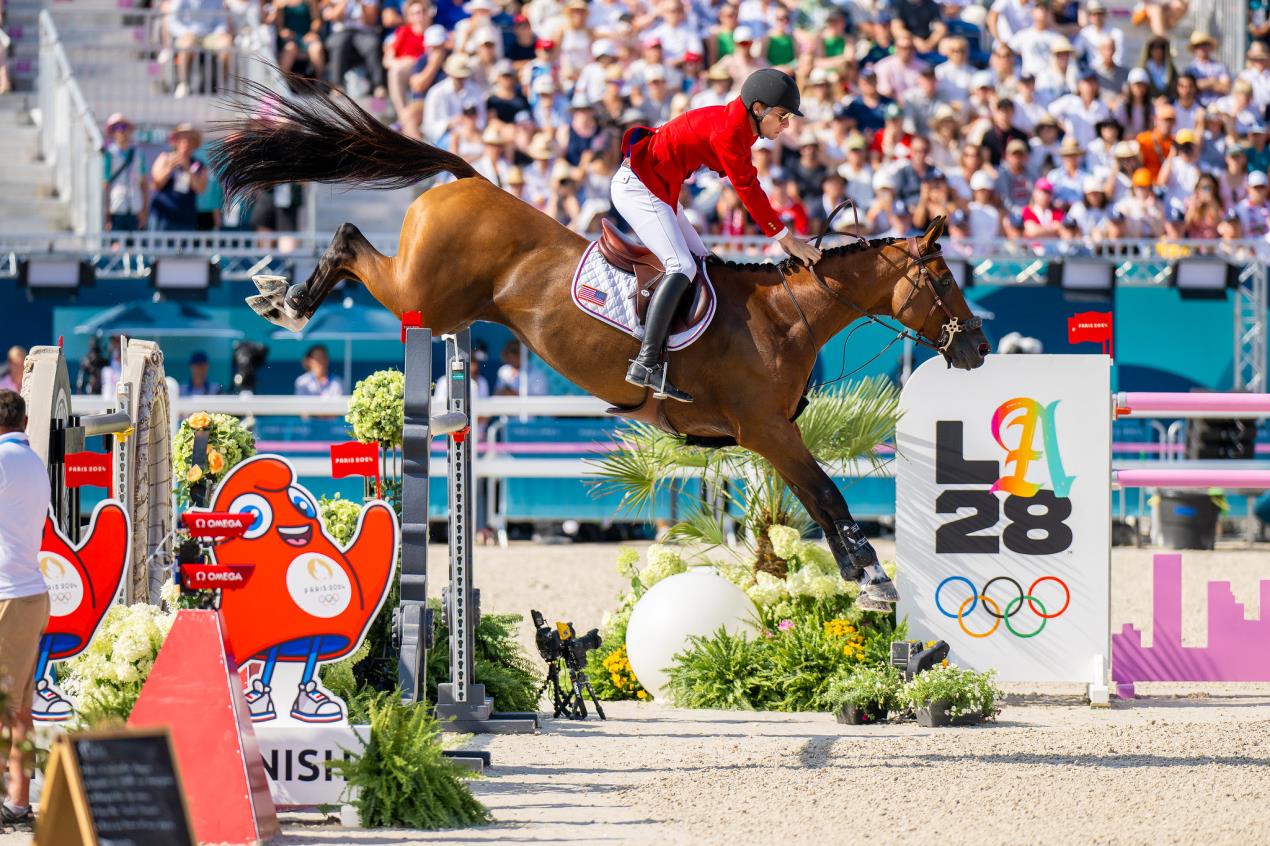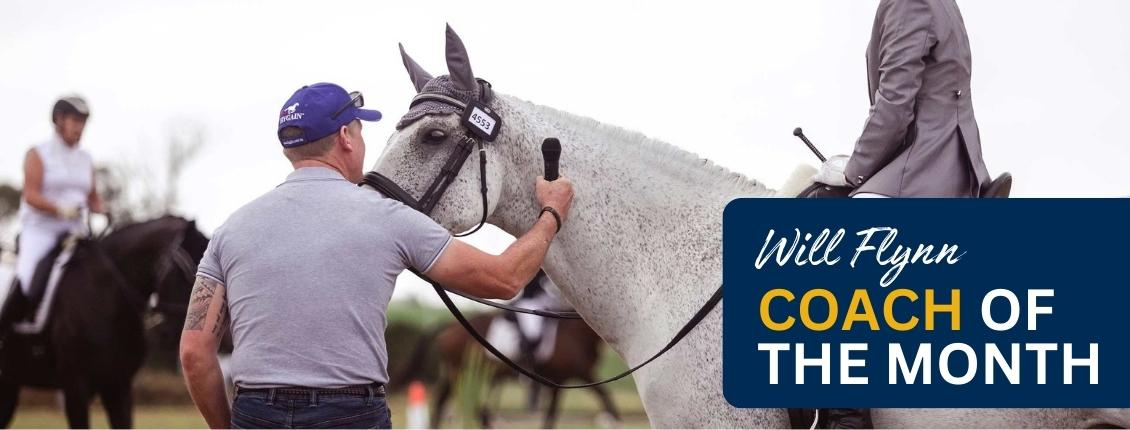
Coach of the Month - October 2023
Will Flynn is a Level 1 General EA Coach, member of the Equestrian Australia National Integrity Committee, Equestrian Tasmania Board and Equestrian Tasmania State Coaching Committee and was recently nominated as the EA Coach of the Month for October. We caught up with Will to find out more about his background and coaching philosophy:
How did you get involved in Equestrian?
My first encounter with horses was at around 10 years of age when my father took on an “off the track” thoroughbred and led me around in pony ride fashion. The feeling of moving as one with a horse prompted me to give up an early passion for motorbikes and nag my parents to get me a pony.
The early days were mostly about Pony Club activities and as a member of the Jimboomba PC, I went through this system until the completion of my High School years. At this point, a career and decisions about the future were top priority and I was very fortunate to be given direction when a good friend explained that he had enrolled to study at the University of Queensland’s Gatton Campus for an Associate Diploma of Applied Science in Horse Husbandry. I saw this as a great way of furthering my interest in horses and pave the way for a professional career in the equine industry. Lea Bierman (a well-known and very successful Dressage rider) was in charge at Gattton and she gave me a broad insight into the Australian horse industry as a whole.
What inspired you to become a coach?
Lea Bierman’s passion resonated and inspired my love of Dressage. She drove the EA Coaching Syllabus and got me started in a coaching career within the highly respected NCAS system that mixed the specialist equine and discipline related subjects with general sports coaching for high performance in a competitive sport with Olympic inclusion the ultimate goal.
Teaching, mentoring and facilitating is a strong part of what makes me tick but meeting my wife Kerrie, who too is a teacher, gave us much in common and lots of opportunity to bounce ideas and find better solutions for our students. When our children Sam and Jordana were 18 and 15 respectively, we decided to make a “sea change” and move to the North West of Tasmania where life promised a slower pace and time to “smell the roses” and for me, a chance to get back to some more hands-on horse activities.
We have loved the move and Kerrie’s career has progressed, she is now the Principal of a Catholic Primary School. After a break from riding, I now have two horses and am loving the journey with them both.
I owe a debt of gratitude to Rose and Paul Kemp, who are big supporters of the horse scene in Tasmania. They believed in me enough to ask for help with their talented mare Hollands Bend Sophia (by Sir Donnerhall). My first priority with this spirited mare was work on developing trust, as this forms the basis of confidence and progressive learning.
Sophia is now 14 years of age and belongs to me. I am proud of the way she has come along and we have started the high-level movements and now love each other’s company. I also have a 5-year-old officially named Tillydale St. Francis, by Figi R an imported stallion by Florencio. He has progressed well and we hope to make our Dressage debut very soon.
You ask what inspired me to become a coach … and it is simple. I love horses and believe that good coaching promotes good horse welfare.
Where do you coach? Club/Venue?
I work as a self-employed freelancer and my main client base is private horse owners and I travel to them. I do clinics with the Northern Tasmanian Eventing Club and this leads to private sessions with individual members. Coaching is a constantly changing dynamic and I really love the diversities and challenges.
What is your coaching philosophy?
There are no short cuts or quick fix remedies that are sustainable. The horse’s confidence and willingness must be preserved as they progress through the grades. They are not machines. I truly believe that a happy horse is a hard-working horse and developing the understanding between horse and rider begets harmony and progress follows on from positivity. I teach my students to respect their horse and acknowledge that very few horses are wilfully disobedient and “thinking” riders will work hard to achieve a trusting relationship with their horse. My greatest thrill as a coach is when I see that “light bulb moment” when the rider gets-it and the horse responds with calm understanding – that’s what it is all about!
What is the most important lesson you can teach a student?
I believe that the most important lesson is for the rider to value the horse’s effort and appreciate their strengths and not to be tunnel visioned about the goals and work. Progress is slower, but more sustainable and rewarding.
What keeps you coming back for more?
Kerrie and I love our life here in Tasmania and I have valued the interest and mentorship of my coach Judy Peel who is guiding me through the requirements to become a Level 2 Dressage coach. Judy has been an inspirational mentor, lighting the fire of passion and keeping it burning bright.
The love of horses and sharing this passion with others is a very strong motivator for me, I get a thrill out of seeing the simple tasks done better, as good basics are the foundation of developing the horse and progressing to perform the higher-level movements with ease and confidence.
Working with Judy Peel on the State Coaching Committee has inspired me to want to be a bigger part of the sport. I hope that I can follow Judy’s example of treating everyone the same and valuing their individuality.
Along with coaching I have now taken on a role on EA’s inaugural National Integrity Committee and am looking forward to making a difference to the way the sport interacts with members and enthusiasts. I have a natural dislike for injustice and the idea of the Integrity Committee allows me to help the sport “get if right”.
What coaching challenges have you overcome?
The biggest challenge for all equine professionals these days is risk management and compliance. The complications are not in coaching, it is the paperwork and ensuring that as a coach you have crossed the T’s and dotted the I’s and have the administration under control.
What advice would you give to those thinking of becoming a coach?
Absolutely do it … but analyse the reasons for becoming a coach before taking the step. A professional equestrian coach needs to be passionate, patient, committed and resilient, as a lack of understanding and consideration of these aspects of the job will lead to disappointment and failure. If would-be coaches love horses, love equestrian sport and want to make a difference, coaching is a career that offers it all.
I would like to thank Equestrian Australia for acknowledging me as the October 2023 EA Coach of the Month. The supportive infrastructure that has allowed me to follow my passion and foster the development of like-minded students could not have been done without EA. The systems are in place to support coaches, riders, owners, officials and affiliated clubs along with training pathways that are designed to help all riders to be their best and develop Australia’s international riders and future Olympians. I would not have been able to carve out a career in the horse industry without the guidance and support of EA and the committed people who are involved at all levels. Thanks again.

